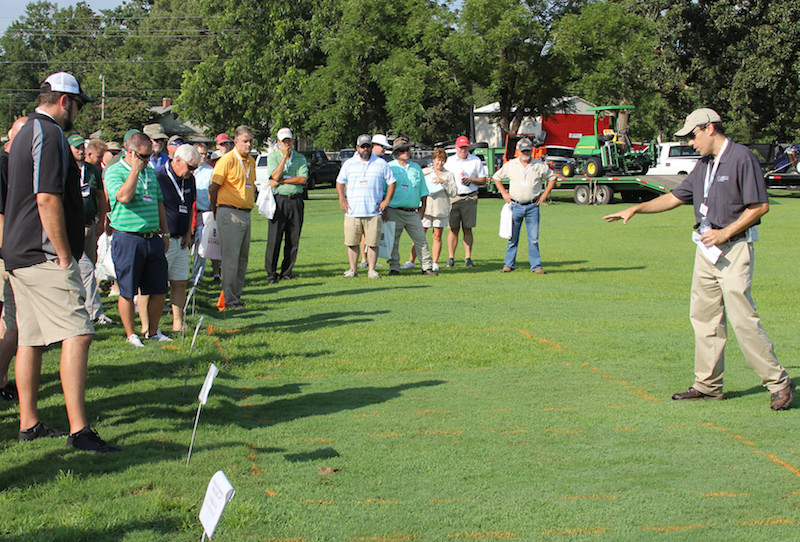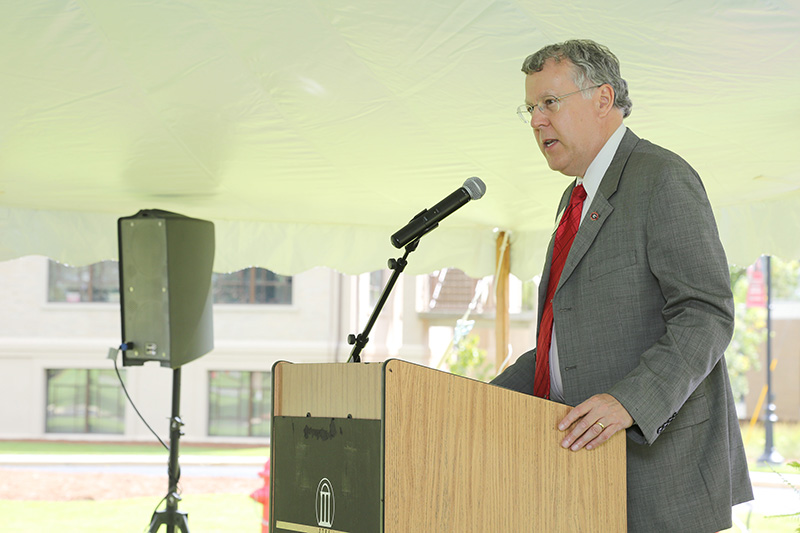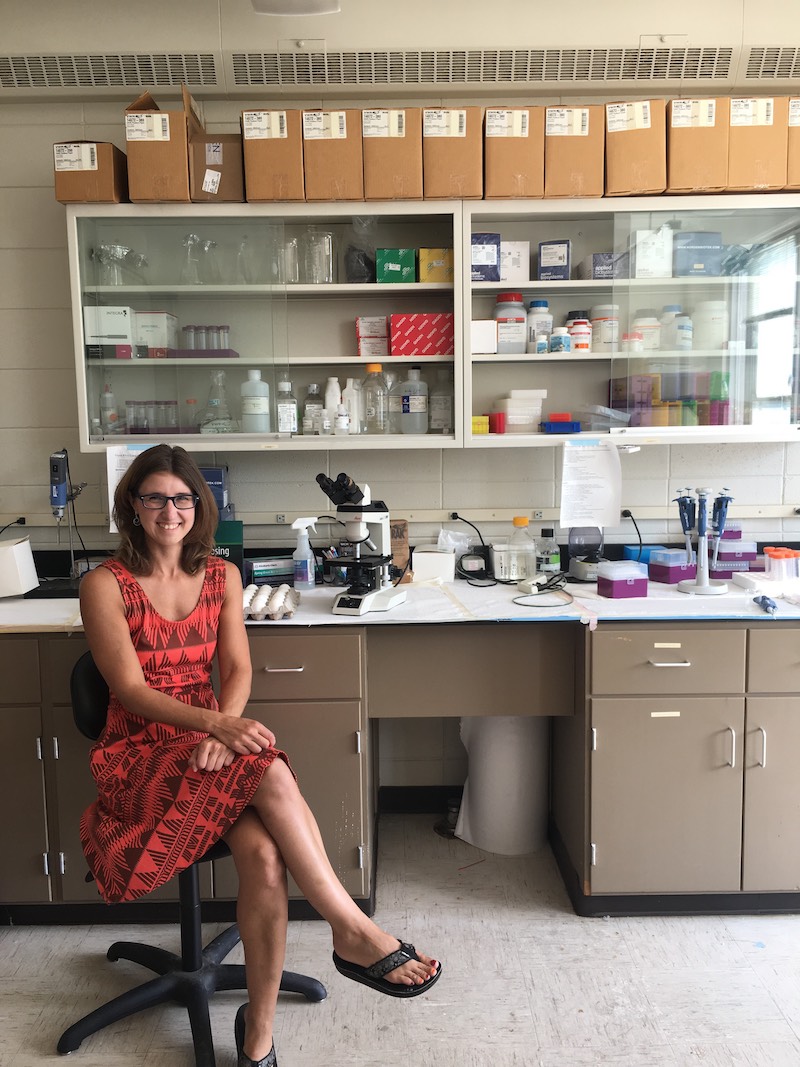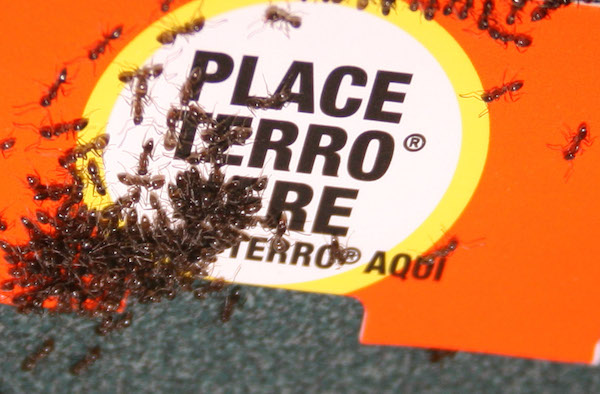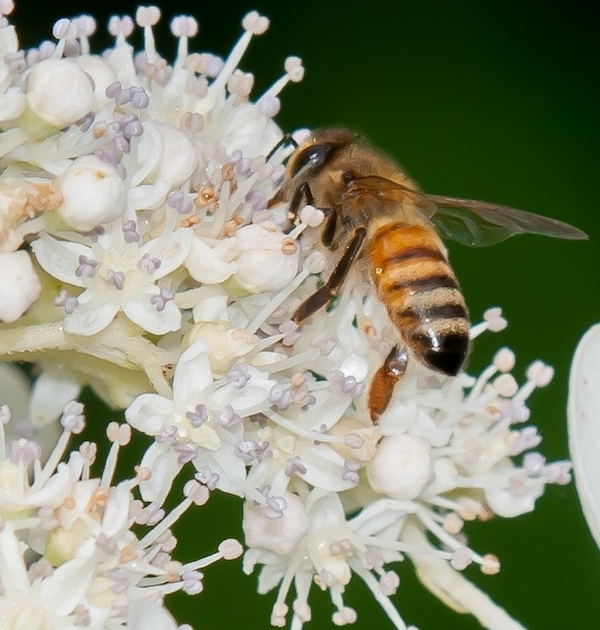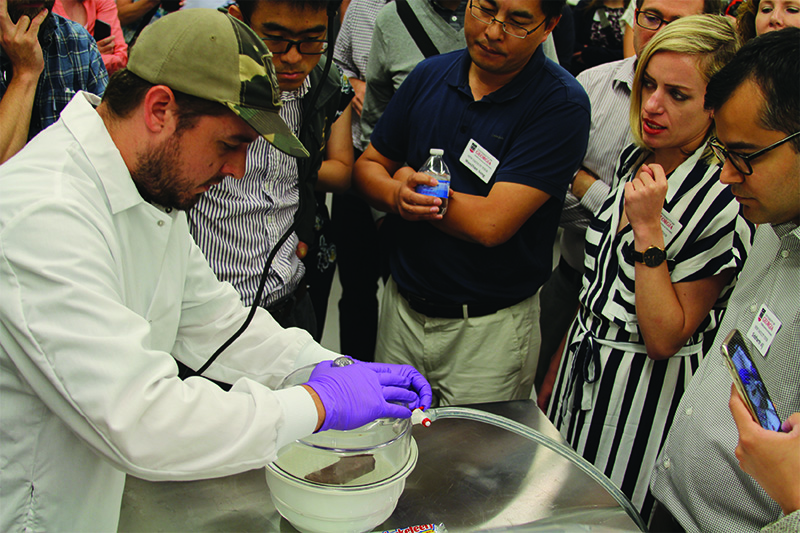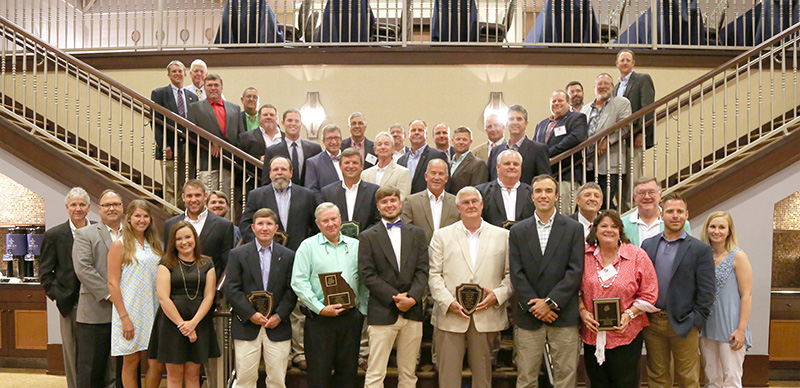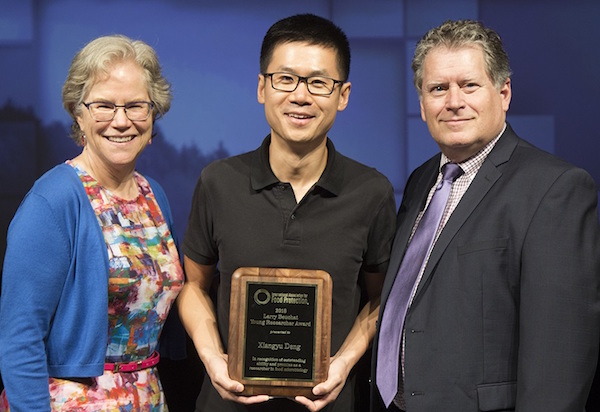 CAES News
CAES News
Deng Honored
University of Georgia food scientist Xiangyu Deng has been awarded the Larry Beuchat Young Researcher Award by the International Association for Food Protection (IAFP). The award recognizes excellence in food safety and was presented to Deng at the IAFP meeting held July 8-11 in Salt Lake City.

